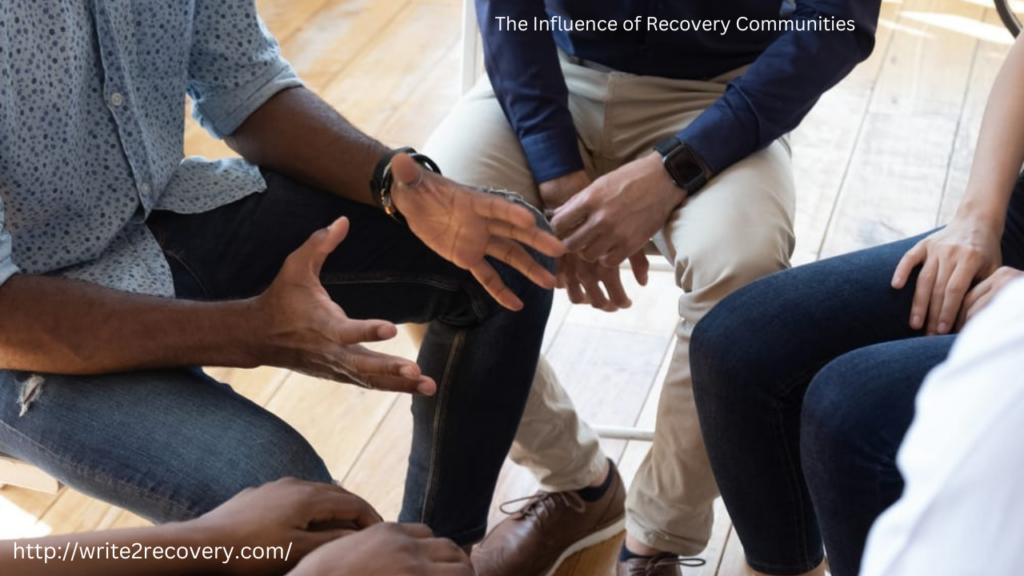
Words hold incredible power. They can uplift or tear down, heal or harm, motivate or discourage. In addiction recovery, words are more than just communication tools—they are instruments of change. Whether spoken, written, or internalized, words shape self-perception, influence emotions, and inspire action. Positive and empowering language can ignite hope and resilience, serving as a guiding force for individuals on their journey to sobriety.
The Role of Language in Shaping Mindset
Addiction often distorts self-identity, leaving individuals trapped in cycles of shame and self-doubt. The words they hear—especially from themselves—play a crucial role in their recovery. Self-talk, or the internal dialogue a person has, can either reinforce negative beliefs or help reframe their experiences in a more constructive way.
For instance, shifting from “I am an addict” to “I am in recovery” makes a significant difference. The former feels like a permanent label, while the latter emphasizes progress and growth. Similarly, replacing “I’ve failed” with “I’ve learned from this setback” fosters resilience and encourages continued effort. These small but powerful changes in language can alter how individuals view themselves and their potential for success.
Words of Encouragement and Support
Support from family, friends, and peers is critical in addiction recovery, and the language they use can either build up or break down a person’s confidence. Encouraging words like “I believe in you,” “You are not alone,” and “You are stronger than you think” provide emotional reinforcement and motivation.
Conversely, judgmental or dismissive statements, such as “You’ll never change” or “You’re too weak,” can undermine a person’s self-worth and discourage their efforts. Understanding the power of words means choosing to speak in ways that uplift rather than discourage.
The Influence of Recovery Communities
Support groups and addiction recovery programs recognize the power of words in fostering healing. In spaces like Alcoholics Anonymous (AA) and Narcotics Anonymous (NA), shared affirmations and slogans such as “One day at a time” and “Progress, not perfection” serve as constant reminders that recovery is a journey, not a destination.
Listening to the success stories of others also plays a powerful role. When individuals hear, “I’ve been where you are, and I made it through,” it provides a sense of hope and possibility. These words, spoken by those who have walked the same path, reinforce the idea that recovery is achievable.
Words as a Tool for Healing
Writing can also be a therapeutic outlet in addiction recovery. Journaling allows individuals to process emotions, track progress, and express thoughts that may be difficult to share verbally. Writing affirmations, gratitude lists, or letters of forgiveness can be transformative exercises, reinforcing self-compassion and healing.
Conclusion
Words shape reality. In addiction recovery, the right words—whether spoken to oneself or heard from others—can inspire hope, encourage resilience, and transform lives. Choosing words that empower rather than diminish helps create a supportive environment where individuals believe in their ability to overcome challenges. By embracing the power of words, we can all contribute to the journey of healing, one conversation at a time.